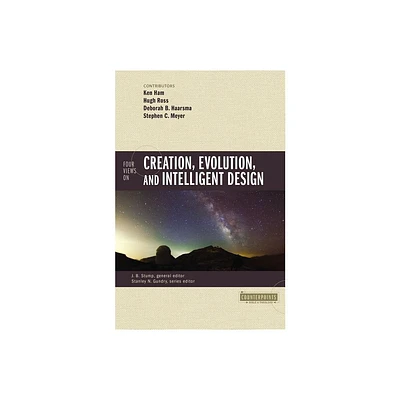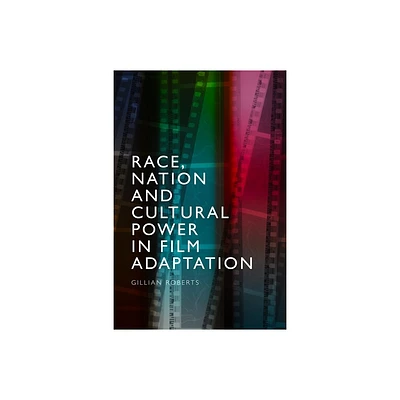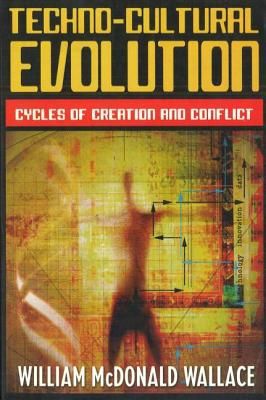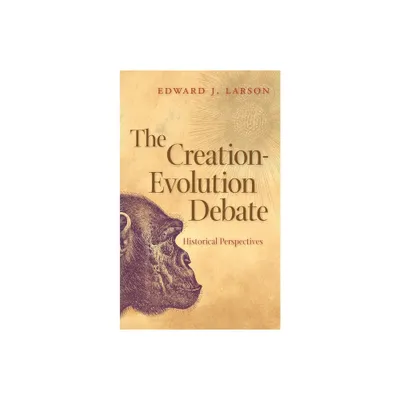Home
The Creation/Evolution Controversy: A Battle for Cultural Power
Loading Inventory...
Barnes and Noble
The Creation/Evolution Controversy: A Battle for Cultural Power
Current price: $95.00


Barnes and Noble
The Creation/Evolution Controversy: A Battle for Cultural Power
Current price: $95.00
Loading Inventory...
Size: OS
*Product Information may vary - to confirm product availability, pricing, and additional information please contact Barnes and Noble
This rhetorical study of the various language strategies and competing worldviews involved in the 140-year argument between Biblical creationists and Darwinian evolutionists focuses on the 1860 Huxley/Wilberforce debate, the 1925 Scopes Monkey Trial, and the 1981 Arkansas Creation-Science Trial.
When Darwin published his
Origins of Species
in 1859, he initiated a debate about the origin of human life and the role of God in human affairs scarcely equalled in world history. Smout traces the response of Biblical creationists to Darwinian evolutionists. Looking carefully at the stories told and the tactics used by both sides, he analyzes all available accounts of the original debate culminating in the 1860 Huxley/Wilberforce debate, the 1925 Scopes Monkey Trial, and the 1981 Arkansas Creation-Science Trial. Professor Smout argues that both sides in the controversy use various language strategies to persuade the culture as a whole to see the world that they see and to enact their position as public policy.
As Smout illustrates, the problem is that both sides rely on an inadequate conception of language as a namer of timeless realities rather than as an instrument used by human communities to achieve their goals. He attempts to articulate a better view of language and to show how it might help solve intractable arguments such as this. He argues that we should see language as a tool that shapes what we see, and definitions of terms as political acts rather than statements of fact made by disciplinary experts. An important analysis for students and scholars in rhetoric, history, religion, and sociology.
When Darwin published his
Origins of Species
in 1859, he initiated a debate about the origin of human life and the role of God in human affairs scarcely equalled in world history. Smout traces the response of Biblical creationists to Darwinian evolutionists. Looking carefully at the stories told and the tactics used by both sides, he analyzes all available accounts of the original debate culminating in the 1860 Huxley/Wilberforce debate, the 1925 Scopes Monkey Trial, and the 1981 Arkansas Creation-Science Trial. Professor Smout argues that both sides in the controversy use various language strategies to persuade the culture as a whole to see the world that they see and to enact their position as public policy.
As Smout illustrates, the problem is that both sides rely on an inadequate conception of language as a namer of timeless realities rather than as an instrument used by human communities to achieve their goals. He attempts to articulate a better view of language and to show how it might help solve intractable arguments such as this. He argues that we should see language as a tool that shapes what we see, and definitions of terms as political acts rather than statements of fact made by disciplinary experts. An important analysis for students and scholars in rhetoric, history, religion, and sociology.


















